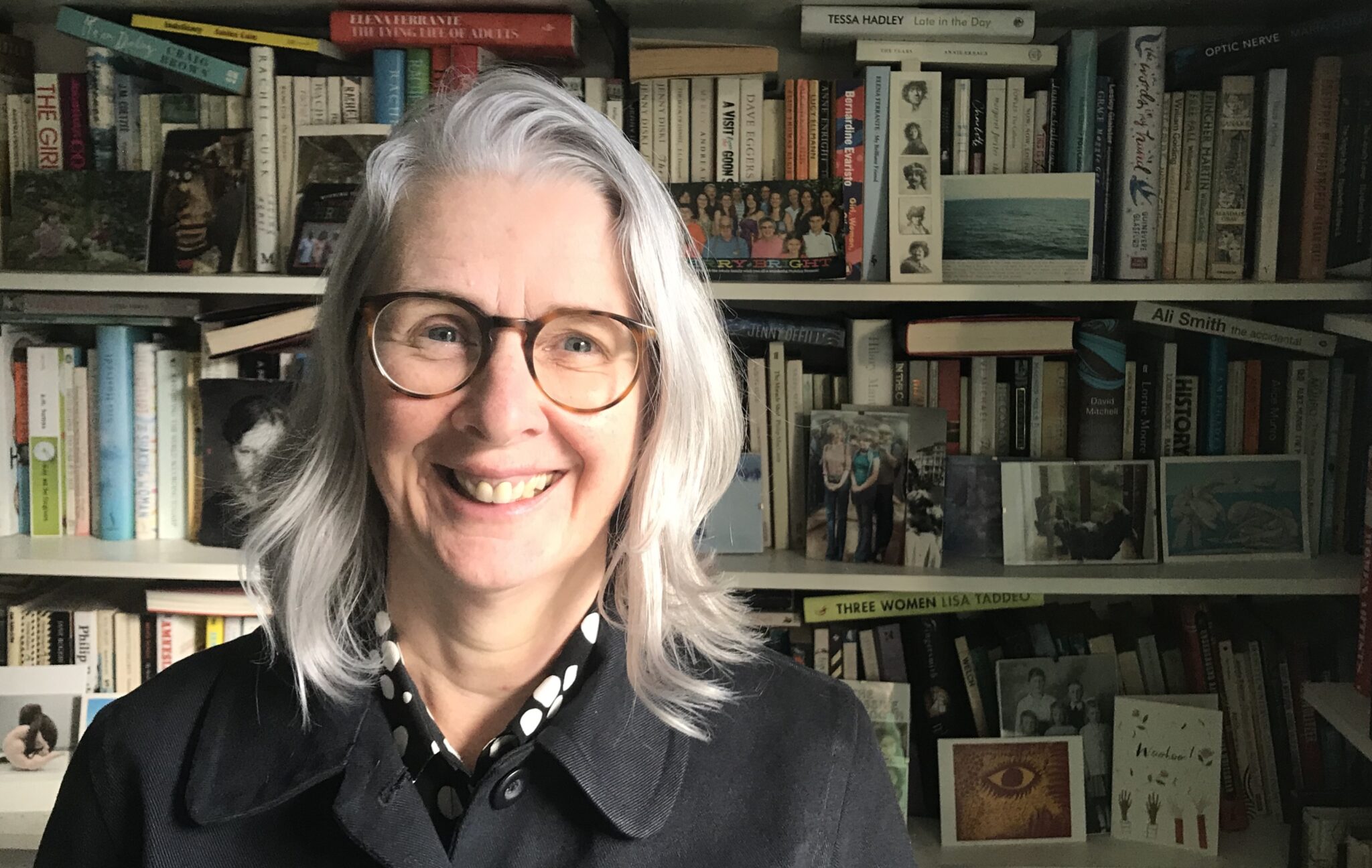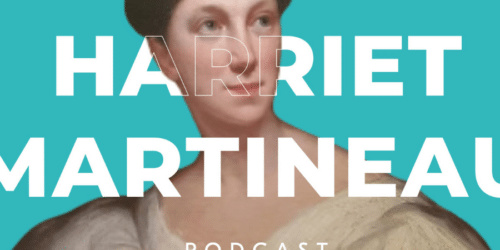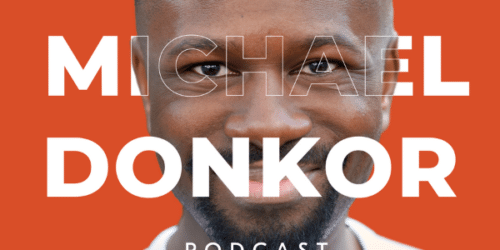
Introduction
There are lots of online creative writing courses to choose from. But, choosing the best online creative writing course for you can be challenging. This is because value is hard to compare as so many courses offer differing levels of expertise, tutor access and duration. Some will just be better than others. It may also be unclear what level of course you should choose.
This guide will help you choose the best online creative writing course by defining exactly what you want to achieve as well as offering guidance on trusted brands, on- vs offline and cost.
First, get a piece of paper or open a new document on your computer – and be ready to start making notes!
What do you want to achieve?
This may sound obvious, but there are so many courses available with particular focuses, that it’s easy to choose the wrong one.
First, write down what you are. For example:
- A complete beginner with no formal training
- An early career writer
- A lover of crime writing
- A professional writer (journalism, marketing)
- A ghostwriter.
Write down what you want to get out of your online creative writing course. Get really specific with what you want to achieve, from the emotional to the tangible.
For example:
- Are you a new writer looking for the foundational skills to get started?
- Do you have an established writing hobby and are looking for particular skills to build on your existing expertise?
- Do you just love learning and want to have some fun?
- Are you looking for feedback on your writing?
- Do you want to end up with a finished novel by the end?
- Do you want to feel like you’ve achieved something by the end of the course?
- Do you want to meet other people who are doing what you’re doing?
- Do you have a particular project that you need help with?
- Do you want to make money from writing and publishing?
- Are you a freelance writer who wants to develop better business writing skills?
- Are you a marketing professional who wants to improve your brand storytelling skills?
- Do you want to become proficient in a particular genre (for example: general fiction, crime, memoir, historical fiction, creative non-fiction, poetry, scriptwriting, etc.)
Add as many as occur to you to your list. This will guide you to specific courses that meet your specific needs. Companies will also use language in their marketing and this may resonate with your emotional desires: achievement, satisfaction, community etc.
Levels
First, you must define what level you are at. This can be more complex than it at first seems: for example, you may be an intermediate writer of one genre, but new to another.
Are you:
- A complete beginner – never taken a course
- No writing experience at all
- A beginner
- Some writing experience, especially professional
- Intermediate
- You may have taken a course
- You may have done lots of online research
- You may have self-published your own work
- Advanced: early career
- You may have had a book published or be working on a finished manuscript that is in discussion with publishers
- Expert and professional
- You may already have an established career with multiple published books.
Add the answer to your list.
NCW Academy offers courses for writers at different stages of their career, for example: Kickstart Your Poetry (Beginner) and Develop Your Poetry (Intermediate).
Course topic
Have you defined precisely what course you need to do in order achieve what you want?
There may not be a specific course for your exact needs, but start specific and get broader. A fiction writing course might be appropriate for crime writers or sci-fi writers alike, but if you want to write either of the latter, you may find specific courses for you.
Look at your objectives. If you could create your dream course, what would it be called?
- Epic feminist steampunk for beginners
- Young adult period romance
- Vampire novels for Stephen King fans
While there may not be a specific course for these, you will have an idea of what you want (sci-fi, YA, horror respectively) and you will certainly know what you don’t want – which can stop you from picking the wrong course.
For example, we have courses in the following genres:
Course format
It is essential that the creative writing course you choose is delivered in a format that suits your situation. Courses come in two main formats, for example:
- Self-paced courses
- Guided courses.
Self-paced courses don’t have a face-to-face or ‘live’ element, though they may contain video lectures or sessions. As the description suggests, self-paced courses allow you to fit the course into your schedule, around work, children or other commitments. Explore examples of self-paced creative writing courses here.
Guided courses are usually led by a tutor and include a ‘real time’ or ‘live’ element such as webinars, seminars and/or workshops. This live element will tend to complement writing exercises and studying that happens in between sessions. For example, our 12-18-week online tutored courses include two weeks of exercises, followed by a feedback and discussion session with the course tutor. Guided courses tend to be in terms or semesters like schools and universities so you may not be able to start/finish with the flexibility of a self-paced course.
Do you have the time and flexibility to attend sessions at a fixed time? What are those fixed times?
Check your objectives. Write down how you want to do your course.
Tutor time
The amount of tutor time relates to the format point above.
Tutor time is frequently what makes a course cost more or less. The business model for many providers (such as Masterclass) is: create assets once and you can sell them a thousand times; all money over your setup costs is all profit. Online courses like this include no live sessions such as webinars, no access to tutors and no 1-2-1 feedback. This may be in line with what you want to achieve and therefore perfect for you.
No tutor
Some courses have no tutor, they are simply information, guidance and exercises.
Tutored (recorded)
Some courses will include audio/video materials that feature a tutor.
Tutored (no 1-2-1 access)
Many courses include live sessions (for example lectures) but do not offer 1-2-1 access to the tutor.
Tutored (shared access)
There are courses where the tutor will host online sessions with everyone on the course, allowing people to ask questions.
Tutored (1-2-1 access)
Some courses, in addition to writing and exercises, will include 1-2-1 sessions which allow students to discuss their writing for a set period (usually 30-60 minutes).
+ Feedback
Many of the tutor courses will include feedback, or the option to pay for specific feedback – usually in the form of a written report. If you have chosen a course with 1-2-1 time you will be able to discuss your written feedback with them.
Check your objectives. How much contact time – and of what type – do you need to ensure you get what you want?
Other formats
It is also worth considering other learning formats, such as mentorship. Look at your objectives, would mentorship suit you better? For example, have you been on web-based courses without tutor feedback and self-published one or more books? Do you need specific guidance on your projects or skills? If so, mentorship may be a better solution. Read more about how mentoring works.
Workshops can also offer a great way to learn. You can explore our workshops here to see what kinds of things on offer.
There are also some fun-looking writers retreats available for those who have the budget to stay at a venue and immerse themselves in courses with tutors and fellow writers.
Course location
This article is about online creative writing courses, but, depending on your objectives, a location-based in-person course may suit you as multiple options exist.
For example, is the course:
- Online
- In-the-flesh, location-based
- A combination of the two.
By choosing an online course you are widening your choices significantly. Even if you live in a big city, there is a larger choice of online courses – and this has been accelerated by the COVID pandemic, when demand for everything to be available online exploded.
However, you may still prefer a location-based course if your objective is to meet people or even ‘get me out of the house’.
If you do decide to take a location-based course, check how long it will take you to get to as this may influence your decision.
Add your preference to your list.
Course ‘home’
Where is the course based? This is important because it is easy to end up signing up for a course in another country (that speaks the same language). For example, if you are in the UK, you may not want to take a US-based course. Again, this will be guided by your objectives. For example: you might be a UK writer wanting to break into the US market or a US expat in the UK looking to study a US course. While the differences in language, style and a nation’s publishing industries may be small, they may be meaningful depending on your needs.
Conversely, the course’s home might not be relevant to your objectives. For example, a screenwriting or poetry course might be internationally universal.
Who created the course?
The online learning industry has exploded in recent years. But not all courses are created equal. Great writers may not be great teachers. And not all course vendors will have access to high-level expertise with which to build a great creative writing course.
As such it is important to see who created the course and how it’s delivered, for example many published writers offer courses but may lack the didactic skills and technology to deliver a course which truly helps different types of student get what they need to improve. Similarly, there are e-learning businesses who do not specialise in or understand creative writing or the publishing industry, and have invited an inappropriate person to create the course.
When researching courses, ensure that the provider matches the level of expertise you need and that they are credible in the area you need. For example, don’t take a poetry course from a crime writer.
To ensure students get a valuable and enjoyable learning experience, National Centre for Writing worked with the University of East Anglia’s School of Literature, Drama and Creative Writing to build our online tutored courses. This delivers the expertise of both teaching and writing – and at the highest level.

Tutors
This relates to the above point: you need to ensure that the tutor has the expertise you need, and that they are a good educator.
Is the tutor authoritative in the area you need? We italicise this as there are lots of talented writers, but they may not have the specific expertise you need, so ensure that the tutor has relevant expertise. How can you know this? Most course providers will have a section on tutor with a biography that includes what they’ve written and/or their academic credentials. You may decide that academic credentials are more likely to yield better learning that a celebrity writer with published works under their belt. Again this will depend on your objectives – a university lecturer may know less about the cut and thrust of getting published than a published author, while a published author may have no idea how to teach, coach or mentor.
Generally, the more of a beginner you are, the more you should favour academia over publishing: a teacher will know how to support beginners, while a published writer may have valuable insights for more experienced writers.
Chemistry
If you want a course which includes tutor interaction you might also consider chemistry: do you think you will get on well with the tutor. Of course it’s unlikely that you’ll have the opportunity to meet the tutor(s) ahead of time, but the course provider may have audio, video or blogs with the tutor so you can decide whether you’re likely to get on with them. Are they friendly, down-to-earth, domineering, opinionated, supportive etc.?
Time
There are many aspects of time that are important to consider when choosing an online course. This relates to the ability of a course to deliver what you want as well as its relative value.
- What is the course duration? For example, is it a one, two or three-month course?
- How much time will it take to complete the various elements of the course? For example, are there two hours of exercises to complete each week?
- How much tutor time (if relevant) do you get? For example, a one-hour lecture each fortnight; a one-hour lecture and 30-minutes of 1-2-1 time
- How many hours of video/audio tutelage is there?
As you research courses, make a note not only of the course duration, but of the total time you need to complete it, as well as the amount of contact time you will have with tutors. This will help ensure:
- You will get what you want from the course
- It is good value.
Cost, value and your budget
It is hard to compare course value across different providers as there is no uniformity of products. For example, a 12-week course from one provider might include 12 hours of exercises, while a 6-week course from another might include 24 hours of exercises.
Refer to the Time section above to work out exactly what you get for your money.
While time is a key consideration when it comes to the value of your creative writing course, for example quality. Lots of poor-quality assets or more time with a lower-quality tutor may not be as valuable as a smaller amount of time with better assets/tutors. Similarly, don’t choose a cheaper course if it’s less relevant than a more relevant, more expensive one. For example, you may be better off choosing a crime writing course than a generic fiction one if that’s your objective.
Bestselling US epic fantasy author Brandon Sanderson runs a writing course at Brigham Young University, Utah that focuses on fantasy and science fiction. Many of his lectures are available for free on YouTube, but this isn’t good value if you want to learn how to write crime fiction.
Create a shortlist of courses that look relevant first, then assess which is the best value. Include quality, expertise level, total time and access in your assessment.
Course output
Is there something in particular you want to create on the course?
This is worth noting as some courses specify that you will write a complete short story or even a whole novel.
Credibility
How do you know if a creative writing course will be any good? Even before a time of internet scams, there were fly-by-night businesses promising the world and delivering Hell. As such it is important that the course provider is reputable. While recognisable brands can be a safer bet, there may be great providers you haven’t heard of.
While researching online creative writing courses, look out for:
- Tutors with academic/commercial credentials – including university links (for example, our online tutored courses have been created in partnership with the University of East Anglia). Research the tutor on YouTube or they might have done podcasts (as many of our tutors have).
- Providers with links to publishing (for example book publishers and not-for-profits such as National Centre for Writing)
- Reviews around the web (including Google reviews)
- Testimonials and case studies on the website from people who have taken the course
- Well-established, longstanding and trusted brands.
Other things to consider
- Some providers of creative writing courses offer access to online communities to help students stay in touch and deliver peer support
- Many providers use off-the-shelf online teaching platforms and some will be better than others. Find out which platform a provider uses and research whether people like it or not. For example, Obby, Teachable, Thinkific and Baluu are four examples of good quality platforms.
It is also important that the provider helps you to use the platform, for example, this is the video guide to our platform, Teachable.
Conclusion
How is your list coming on? Hopefully you have built a picture of:
- Who you are and what you want to achieve
- The topic and format of the course you need – from length to amount and types of tutor time
- How to check that a provider will deliver high-quality tutors and assets.
While you’re hear, why not check out our courses, workshops and mentoring.
You may also like...
Reintroducing Harriet Martineau with Stuart Hobday & Gaby Weiner
In this episode of The Writing Life, Stuart Hobday and Gaby Weiner discuss their new book ‘Reintroducing Harriet Martineau: Pioneering Sociologist and Activist’, and the the life and legacy of Harriet Martineau.

22nd April 2024
How to improve your poetry: top tips for aspiring poets
Embarking on a new poem can feel like an intimidating task for any poet. In this article, we share our top tips and a creative writing exercise that will help you have fun with your poetry.

18th April 2024
Crafting identity in fiction with Michael Donkor
In this episode of The Writing Life podcast, we speak with novelist Michael Donkor about how to craft identity when writing fiction.

8th April 2024












